Huawei is focusing on its most powerful AI chip in hopes of replacing some of Nvidia’s high-end AI chips, according to WSJ sources, once again demonstrating the resilience of China’s semiconductor industry despite US efforts to curb it.
According to the source, Huawei has approached a number of domestic enterprises to test the technical feasibility of the Ascend 910D. The first batch of samples is expected to be available by the end of May.
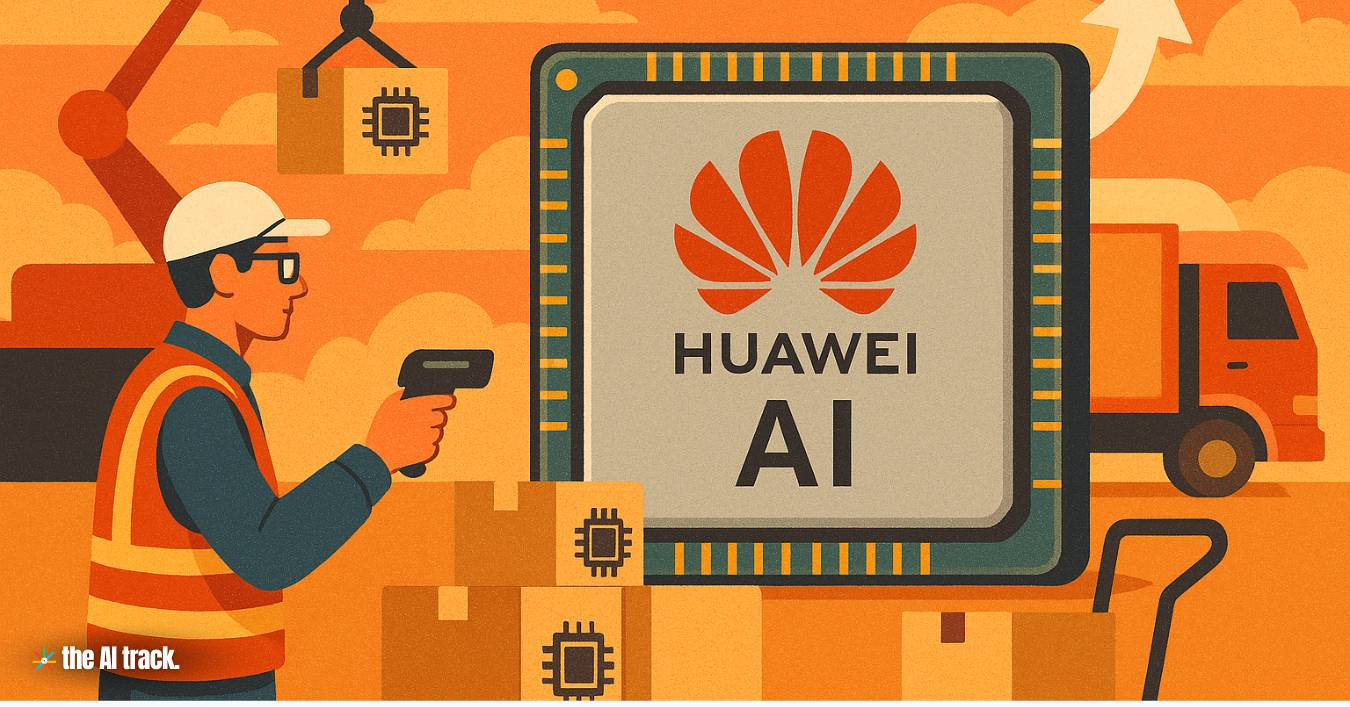
The chip is still in its early stages of development and will require extensive testing to evaluate its performance. Huawei hopes the Ascend 910D will be more powerful than the Nvidia H100 chip, a chip for AI training due in 2022.
Huawei is one of China's semiconductor champions. The company has developed the best chips to replace Nvidia's AI chips, serving Beijing's efforts to become technologically self-sufficient.
Despite being on Washington's trade blacklist for nearly six years, Huawei has proven its capabilities by launching a high-end smartphone in 2023. The Mate 60 uses a domestically produced chip and surprised the US. The device's announcement coincided with the visit to China of the US Secretary of Commerce at that time.
Earlier this month, the US banned Nvidia from selling its H20 chips to China without a license. Nvidia said it could lose $5.5 billion because of the new rules. But this is an opportunity for competitors like Huawei and Cambricon Technologies.
Huawei is ready to ship more than 800,000 Ascend 910B and 910C chips to customers including state-owned carriers and private companies like ByteDance, the source said. Some buyers are in talks to increase 910C orders after the Trump administration banned Nvidia H20 exports.
Beijing has encouraged local AI developers to buy more domestic chips, with state-owned data centers saying the majority of chips come from domestic suppliers.
But Huawei’s previous chips have not lived up to their billing, according to the WSJ. The 910C, for example, was advertised as being on par with the Nvidia H100, but in reality it was inferior. Huawei has also faced challenges in large-scale manufacturing. The company has been unable to access TSMC, the world’s largest chip foundry, due to sanctions. Meanwhile, SMIC, China’s No. 1 chip foundry, has been unable to buy cutting-edge machinery. Washington has also banned Beijing from purchasing key components in AI chips, such as high-bandwidth memory (HBM).
Given these limitations, Huawei’s leadership wants to focus on developing faster, more efficient systems that take advantage of its chips, rather than making individual chips more powerful. In April, Huawei introduced the CloudMatrix 384, a computing system that connects 384 Ascend 910C chips. According to some analysts, the system is more powerful than Nvidia’s top rack system, which contains 72 Blackwell chips, under certain conditions, although it consumes more power.
Connecting more chips into a system is not simple. It requires a stable network as well as software and engineering to avoid network failures.
(According to WSJ)
Source: https://vietnamnet.vn/huawei-don-luc-phat-trien-chip-ai-manh-nhat-hong-thay-the-nvidia-2395807.html


![[Photo] Ho Chi Minh City residents "stay up all night" waiting for the April 30th celebration](https://vphoto.vietnam.vn/thumb/1200x675/vietnam/resource/IMAGE/2025/4/30/560e44ae9dad47669cbc4415766deccf)
![[Photo] Nghe An: Bustling atmosphere celebrating the 50th anniversary of Southern Liberation and National Reunification Day](https://vphoto.vietnam.vn/thumb/1200x675/vietnam/resource/IMAGE/2025/4/29/64f2981da7bb4b0eb1940aa64034e6a7)
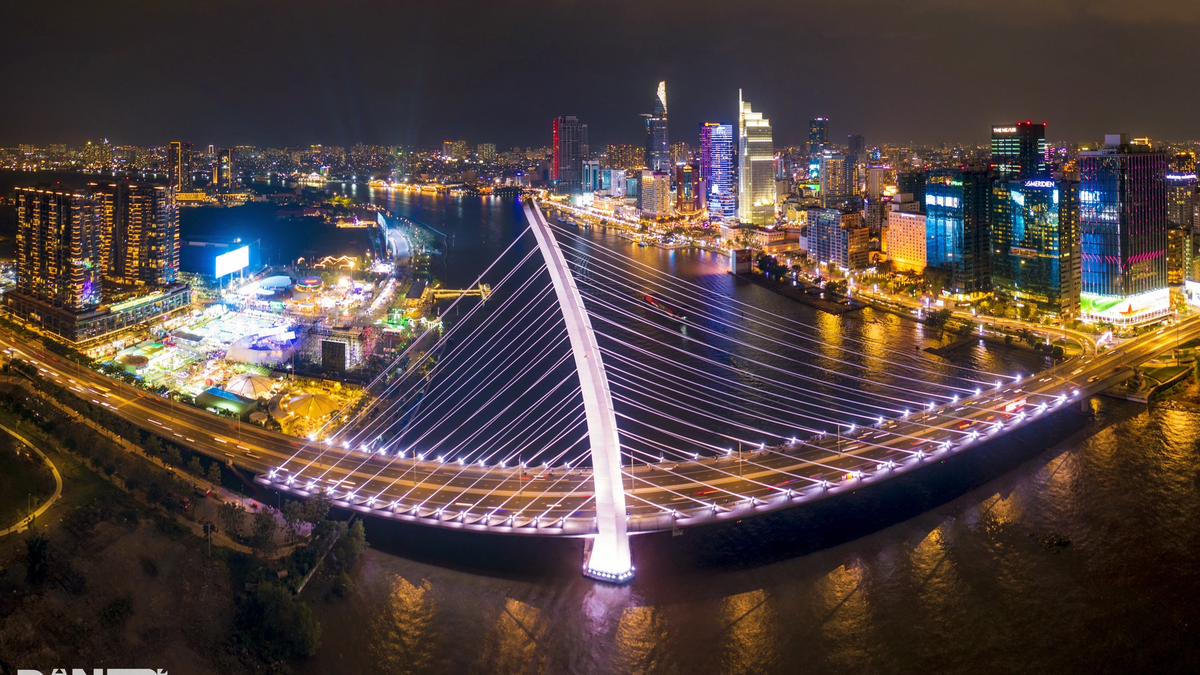
![[Photo] Hanoi is brightly decorated to celebrate the 50th anniversary of National Reunification Day](https://vphoto.vietnam.vn/thumb/1200x675/vietnam/resource/IMAGE/2025/4/29/ad75eff9e4e14ac2af4e6636843a6b53)
![[Photo] General Secretary attends special art program "Spring of Unification"](https://vphoto.vietnam.vn/thumb/1200x675/vietnam/resource/IMAGE/2025/4/29/e90c8902ae5c4958b79e26b20700a980)
![[Photo] Ho Chi Minh City: People are willing to stay up all night to watch the parade](https://vphoto.vietnam.vn/thumb/1200x675/vietnam/resource/IMAGE/2025/4/29/cf71fdfd4d814022ac35377a7f34dfd1)
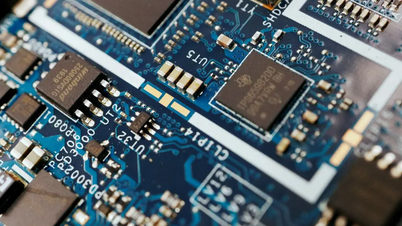

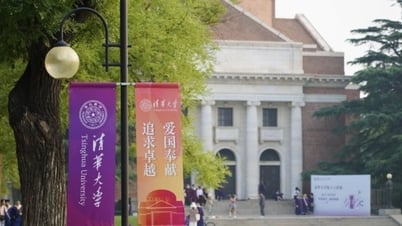











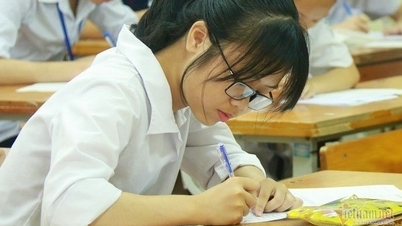

![[Photo] Prime Minister Pham Minh Chinh meets to prepare for negotiations with the United States](https://vphoto.vietnam.vn/thumb/1200x675/vietnam/resource/IMAGE/2025/4/29/76e3106b9a114f37a2905bc41df55f48)











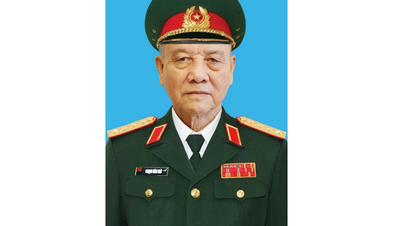














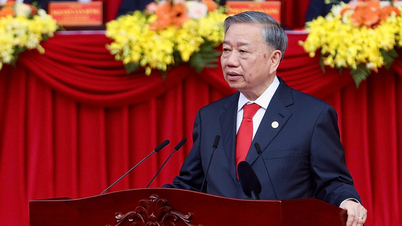

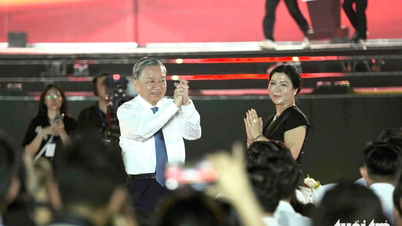
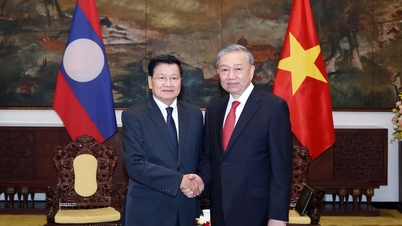

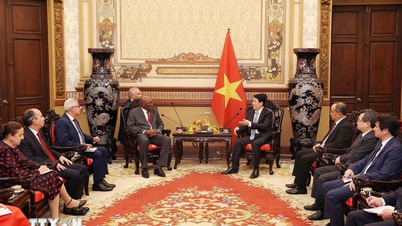







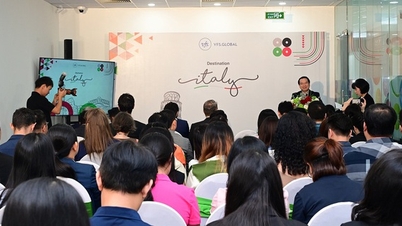

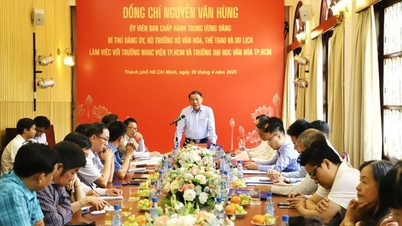
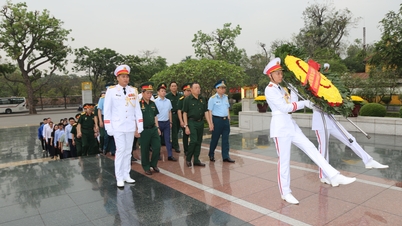







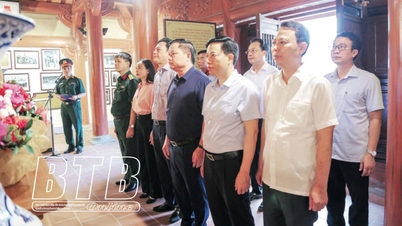
















Comment (0)